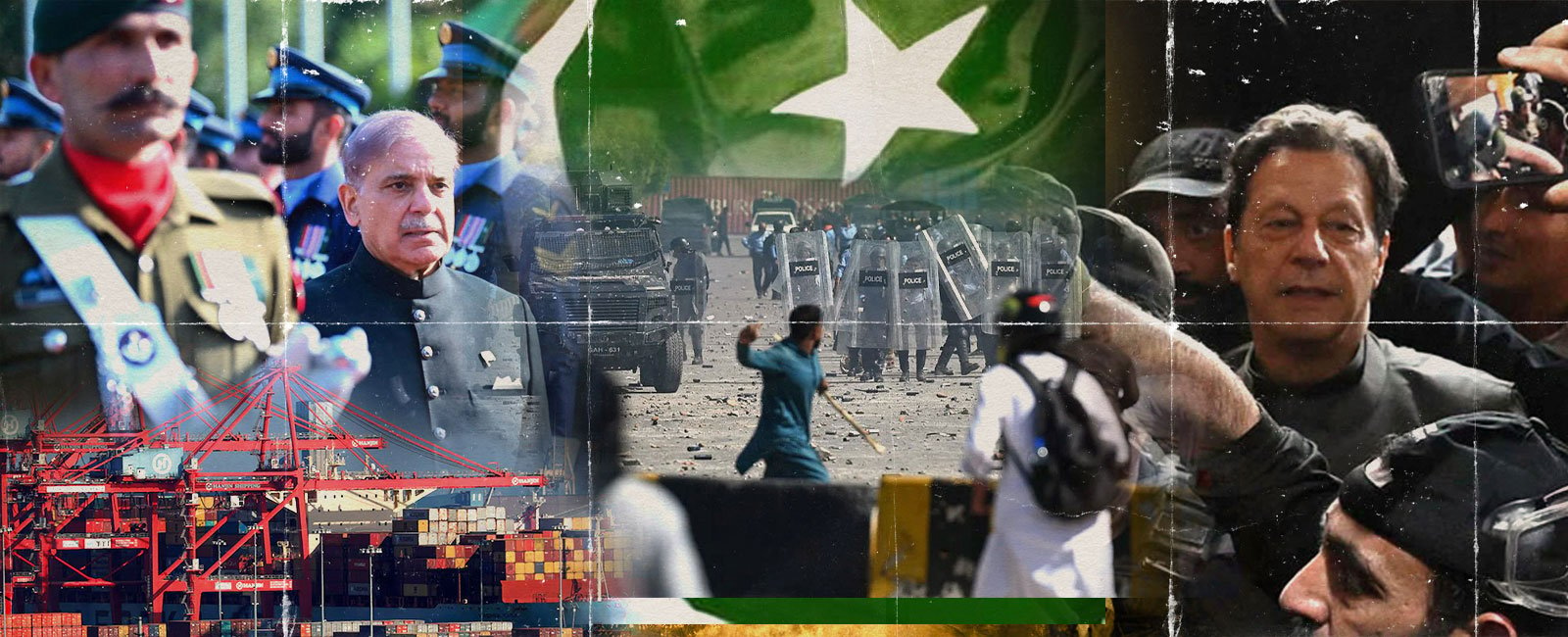What 2025 holds for Pakistan's political, economic and digital landscape
Nation set to enter year 2025 with renewed hopes after witnessing tumultuous year marked by political chaos, internet disruption, sky-high inflation

Leaving behind a chaotic year marked by political chaos, sky-high inflation and a resurgence of terrorism, the nation with renewed hopes for a better future is set to enter the year 2025.
With the Pakistan Tehreek-e-Insaf (PTI) striving to regain power, the tug-of-war between the Imran Khan-founded party and the ruling coalition is likely to dominate headlines in the upcoming year.
On the economic front, the projections for 2025 suggest a gradual reduction in inflation, contingent upon the stability of global commodity prices and the maintenance of fiscal discipline.
IMF expects Pakistan's GDP to grow at 3.5% in FY25 as various energy projects have become operational and investments in infrastructure increased.
Although the digital landscape of the country has witnessed rapid growth, the frequent internet disruptions and restrictions on social media have raised concerns about the future of Pakistan's digital ecosystem.
Geo.tv spoke to experts to explore potential solutions and understand the complexities of the issues impacting the country.
Will PTI founder walk free in 2025?
Speaking to Geo.tv, Lahore University of Management Science (LUMS) Assistant Professor of Political Science Asma Faiz said that it was difficult to predict the future of the PTI or its jailed founder Imran Khan.
When asked will PTI’s difficulties ease and Khan walk free in 2025? She said: “If the status quo continues then obviously there will not be much relief for Imran Khan.”
The 71-year-old cricketer-turned-politician has been behind bars since August last year after he was sentenced in Toshakhana case-I — one of the dozens of cases registered against the former premier since his ouster from power in April 2022.
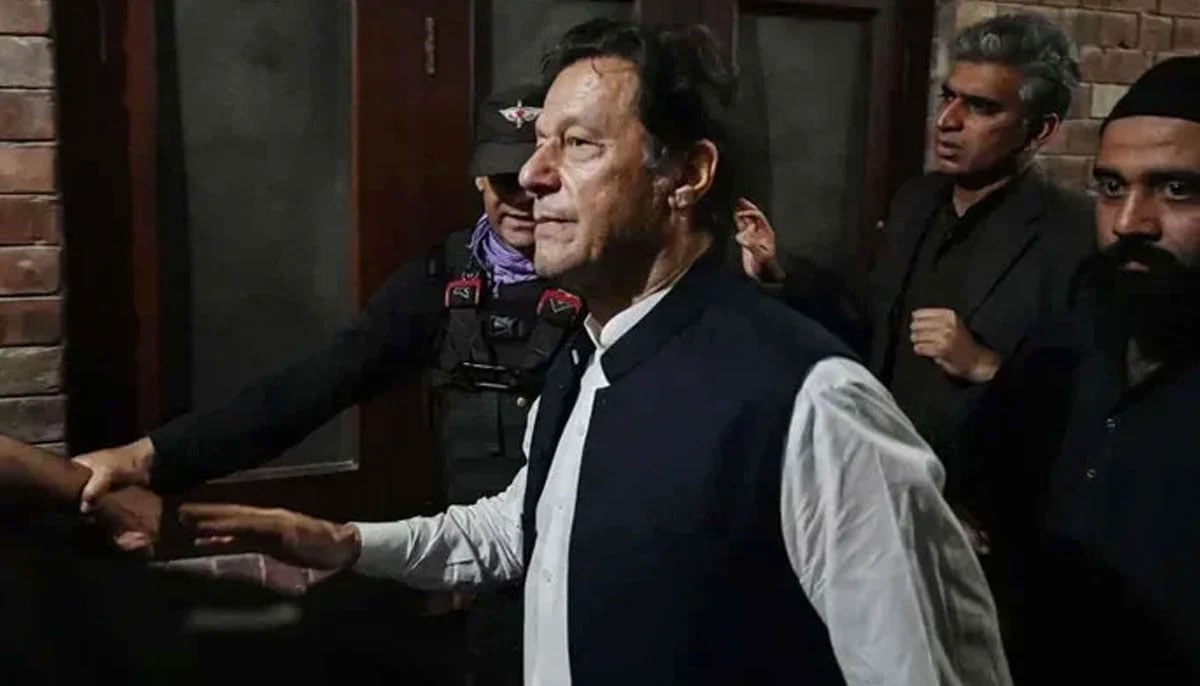
Responding to another query that who is to blame if the ongoing talks between the PTI and the government fail, the professor said: “There is no love lost between the government and the PTI. The latter has repeatedly addressed the establishment as the real stakeholder and shown a willingness to negotiate with them.
“The PTI has refused to accept the legitimacy or utility of the government. That has been a major obstacle in the government-PTI talks.”
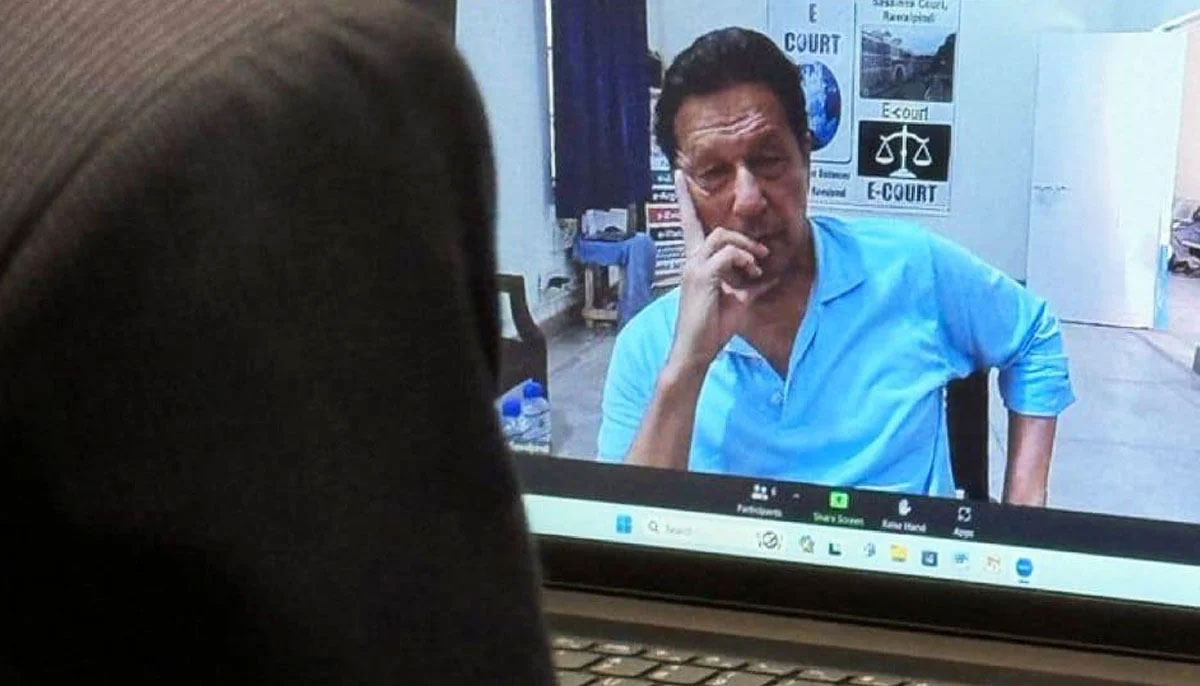
She was of the view that the PML-N and the PPP have historically had adversarial relations, however, the challenge from the PTI brought them together.
“For the foreseeable future, this alliance seems well set as it is shaped by common interests and challenges.”
Economic challenges
Renowned economist and former adviser to the Ministry of Finance Khaqan Hussain Najeeb told Geo.tv that Pakistan’s programme with the current $7 billion International Monetary Fund (IMF) provides a framework for addressing the country’s immediate challenges of ensuring macro stabilisation and gross external financing needs.
“Programme completion will depend on the authorities' ability to implement the reforms effectively amidst political instability.”
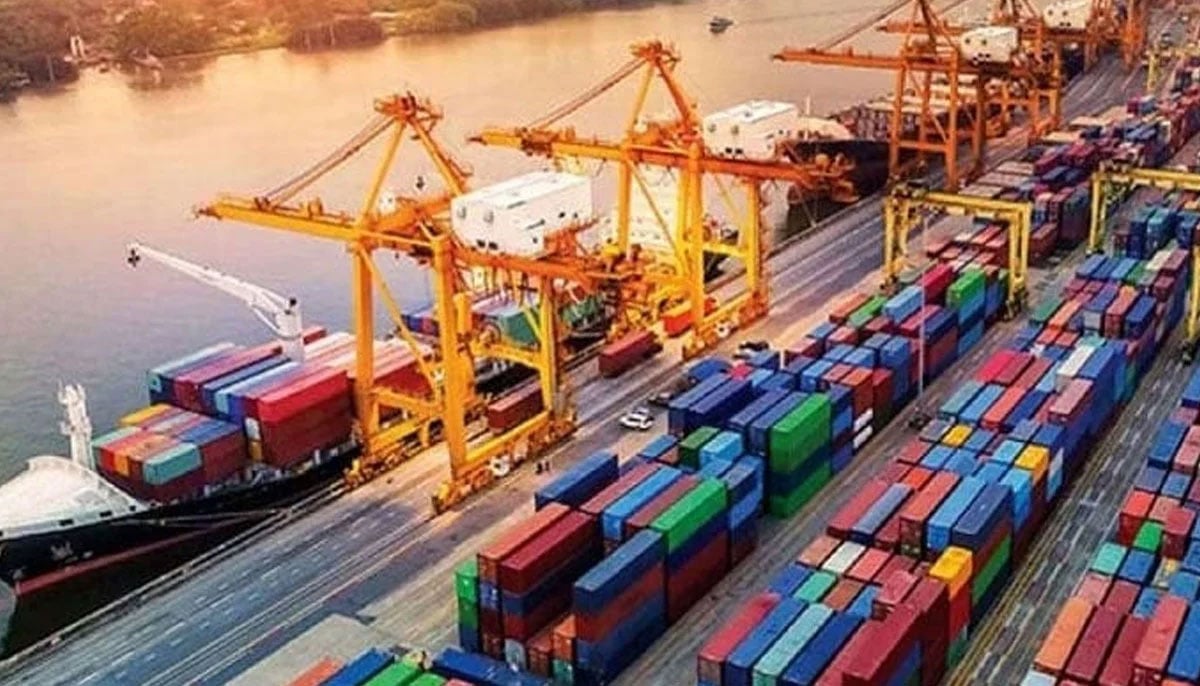
He further said that it is critical in FY25 to have a professional team help Pakistan navigate its engagement with the IMF.
The economist said that the path forward requires not only adherence to the programme with the IMF but also a commitment to long-term economic planning, improved governance, and fostering an environment conducive to sustainable growth.
“If these elements align, and authorities work on critical structural issues focusing on deregulation, private sector participation, reducing inefficient expenditures, and finding new engines of growth there is potential for Pakistan to reduce the country’s reliance on IMF programmes in the future; otherwise, it risks falling back into cycles of dependency on external financial assistance.”
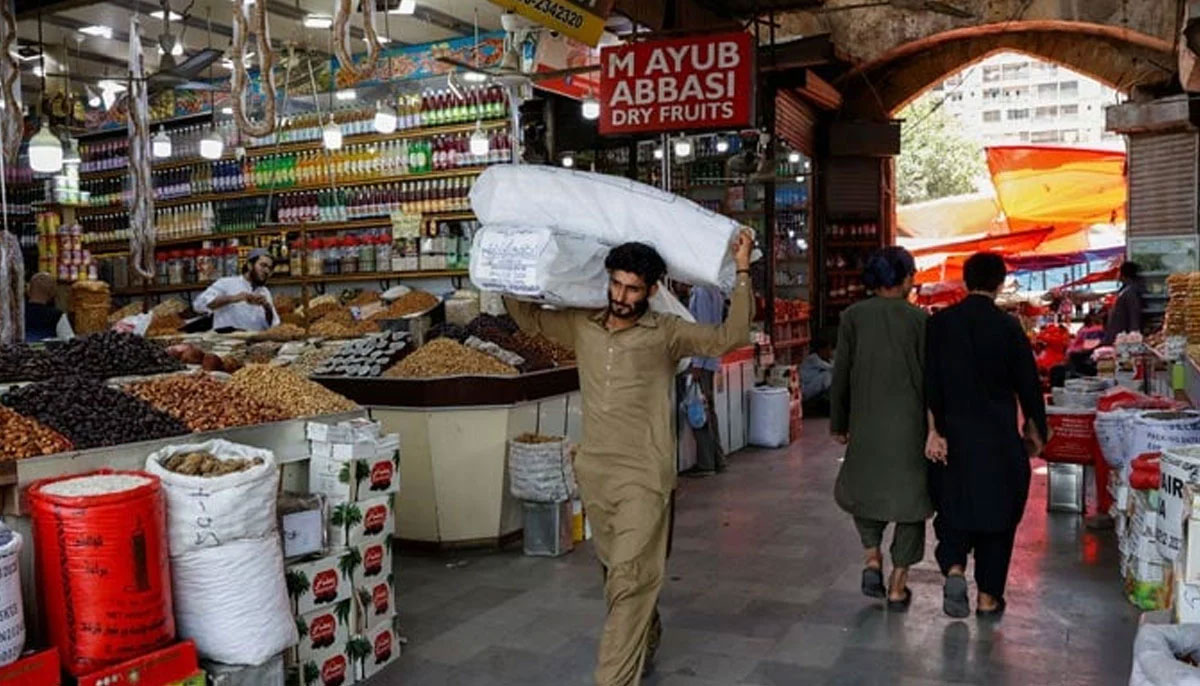
On the external debt, Najeeb said that Pakistan has a case for debt reprofiling which again a high-calibre professional team has to design and carry out to ease the overhang of the yearly payments giving time for the country to build enough foreign exchange earnings in the medium term.
'Slow internet impacting all segments of life'
Internet users across the country have been facing slowdowns, partial outages, and glitches, with service providers unable to offer explanations, and no word from the Pakistan Telecommunication Authority (PTA), the top cyber regulator.
The government blocked access to the social media platform X, formerly Twitter, following the February 8 general elections, citing national security concerns.

The internet disruption is not only affecting citizens' rights but also causing financial losses to the national exchequer, as several online businesses, including e-commerce and ride-hailing services, are bearing the brunt of the restricted connectivity.
Users of the widely used messaging application WhatsApp in Pakistan have also reported frustratingly long delays and failures when uploading and downloading content of all types.
Netizens are demanding that the government avoid throttling social media platforms arguing that it was not only hindering communication, which is their basic right, but also bringing a bad name to the country globally.
Reportedly, a recent trial run of a firewall in Pakistan, prompted by security concerns over 'digital journalism,' has nearly crippled most social media platforms and apps.
This has sparked uncertainty about the future of internet-based businesses and raised serious concerns about digital rights and freedoms.

Speaking to Geo.tv, Haroon Baloch, a journalist and researcher at Bytes for All said that seemingly, the ban on X will continue until the pending cases in the Sindh High Court and Islamabad High Court are decided.
“The government will take the delays as an advantage to continue stifling free speech.”
He said the trends of the past few years and the growing suppression by means of introducing authoritarian standards such as installation of Web Monitoring Systems enabled through DPIs, web filtration, intentions to ban VPNs and emerging legal frameworks vis-a-vis controlling internet spaces suggest that the restrictions on social media will further grow.
When asked if these all restrictions and internet disruption are related to the so-called internet firewall, Baloch said: “Restrictions in Pakistan are due to the government's intent to get control over the internet and establish an authoritarian style of governance.”

To another query, he said that the slow internet was impacting all segments of life including communication, access to information, businesses, access to public services such as digital banking, e-hailing, etc.
“Major and evident impact currently is on e-businesses, freelance industry, IT, ITeS exports, etc,” he added.
“The losses are in millions of dollars on a daily basis. However, the trust of foreign clients in the Pakistani workforce is also eroding which may gravely impact the economy because IT/ITeS and its related exports contribute to Pakistan's economy more than 1.5% of total GDP annually.”
The prevailing challenges highlight the need for the opposition and the ruling parties to engage in dialogue and set the rules of the games to ensure political and economic stability in the country.
Without political stability, Pakistan is likely to continue grappling with the same issues that have persisted for years.
Shahid Farooq is a staffer at Geo.tv. He posts on X at @ShahidF49456527
Header and thumbnail illustration by Geo.tv



